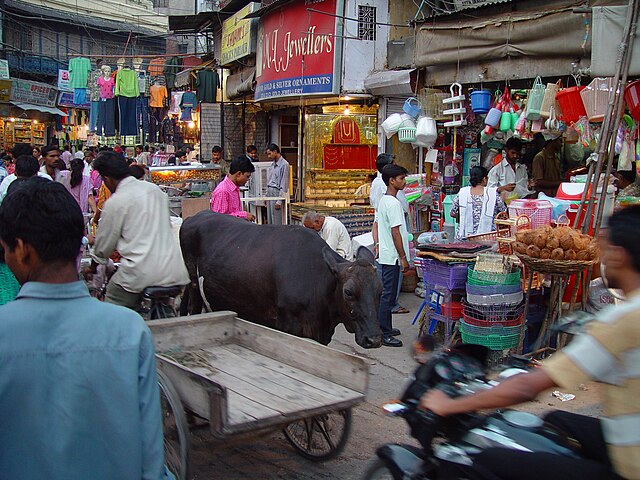Infinite photos and videos for every Wiki article ·
Find something interesting to watch in seconds
Celebrities
Famous Castles
British Monarchs
Recovered Treasures
Great Museums
Largest Palaces
Best Campuses
Largest Empires
World Banknotes
Great Artists
Kings of France
Supercars
Presidents
Countries of the World
Rare Coins
Orders and Medals
Tallest Buildings
Wonders of Nature
Wars and Battles
Sports
Ancient Marvels
Animals
Richest US Counties
Great Cities
History by Country
Crown Jewels
more top lists



